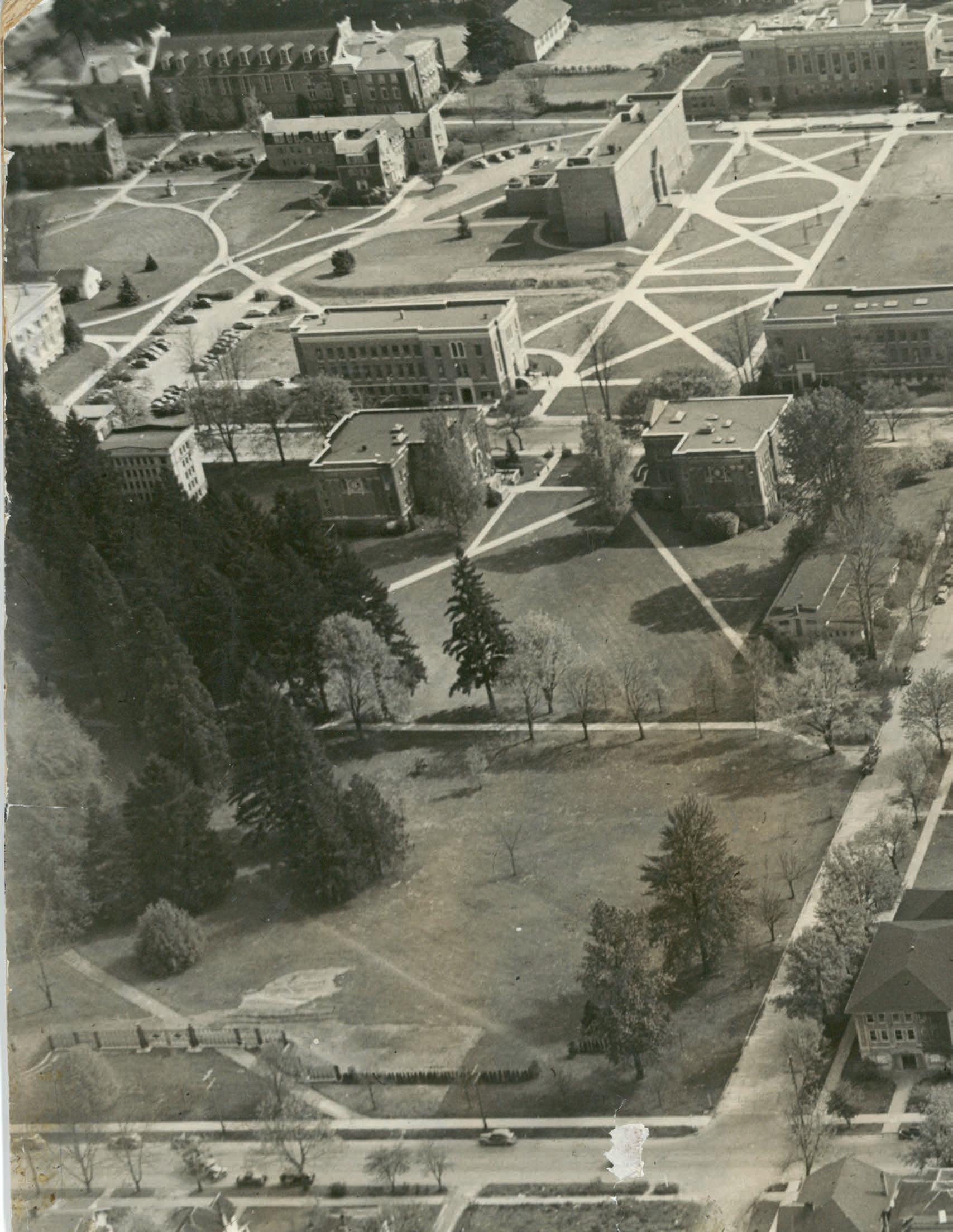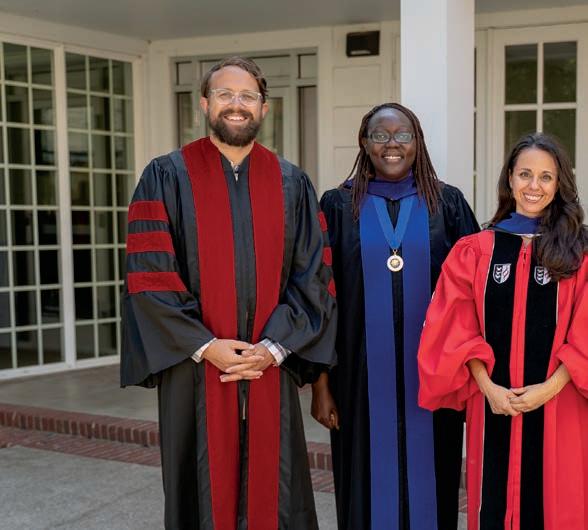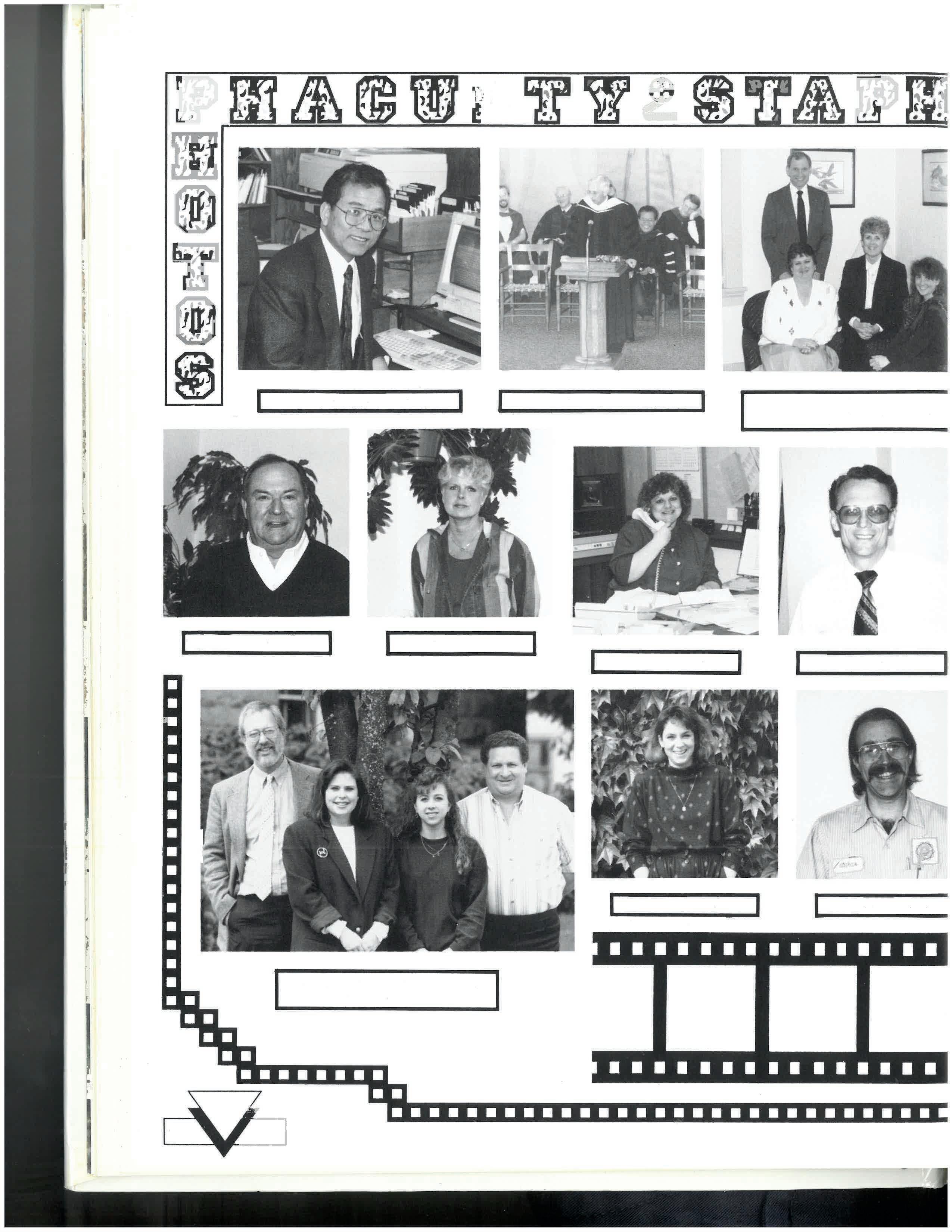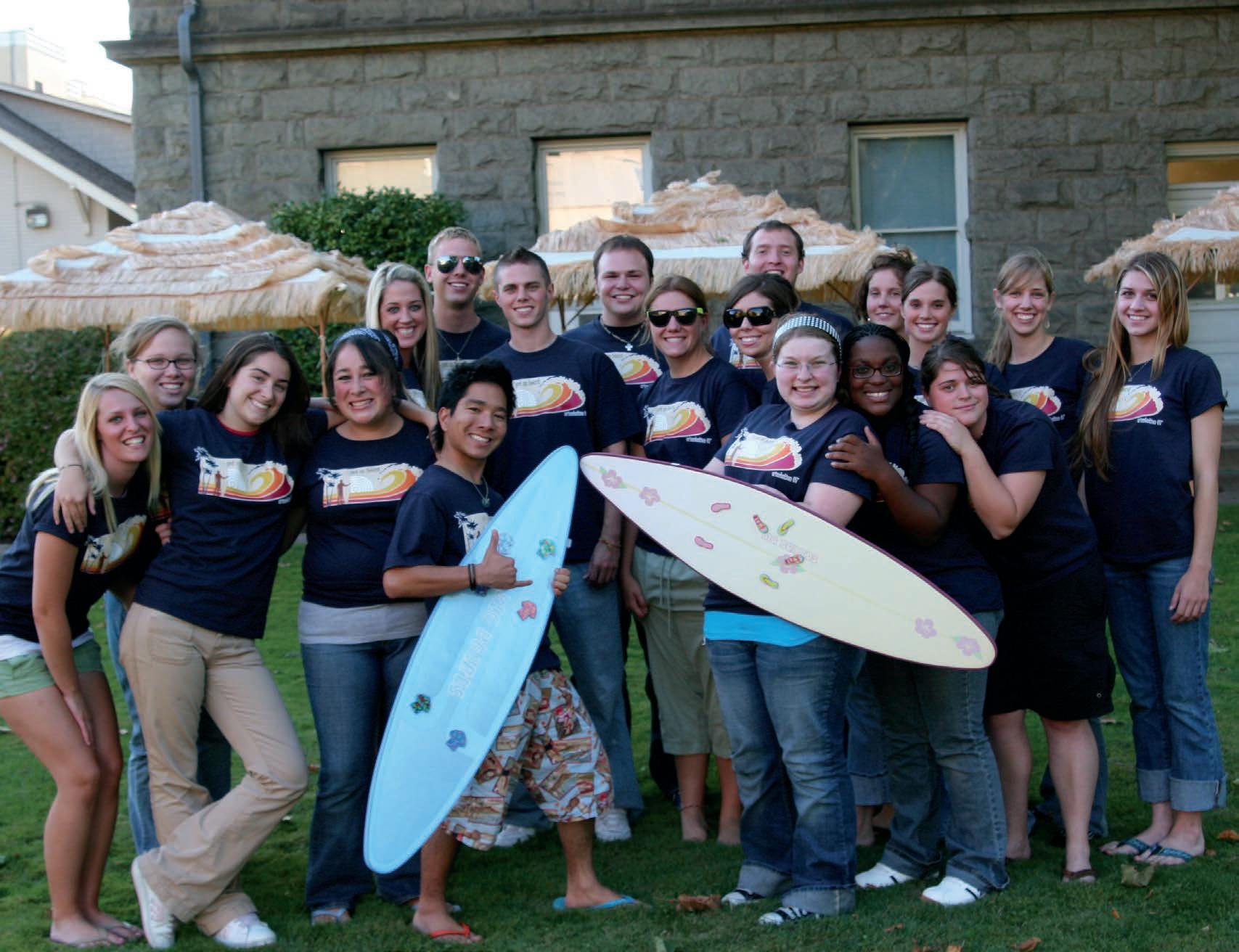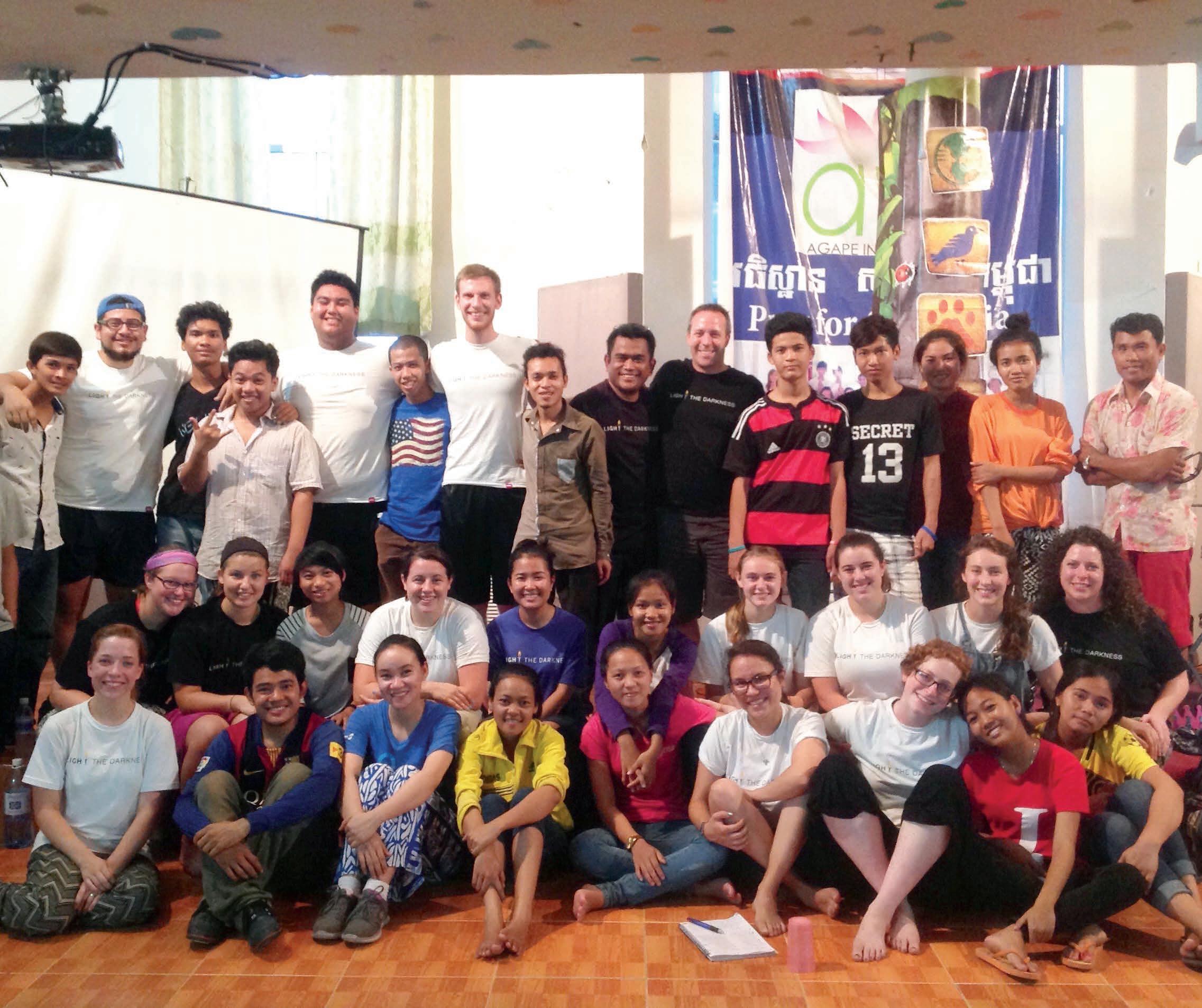
5 minute read
An Enduring Foundation
Our Legacy of Wisdom, Faith & Service
An Enduring Foundation
Advertisement
By Dr. Joseph D. Womack '89, President
Education … “Enlarges, invigorates, beautifies, and adorns the soul and spirit of man.” -Alexander Campbell, Millennium Harbinger, Vol. 3, no. 9 (November, 1856). p. 637.
Ihave always believed the principle of knowing one’s history and context is a necessary exercise in knowing one’s self. A notion applicable to institutions as well. Looking back on 125 years as an institution, I am struck by a consistency of mission through many seasons of challenge and success. This consistency in knowing one’s self has guided NCU through more than 12 decades of service within the landscape of higher education, in large part because our mission is built on sound principles.
By the time church leader and educator, Eugene Sanderson and pioneer business, church and civic leader, James Bushnell founded NCU in 1895, they had been profoundly influenced by the thoughts of Alexander Campbell, an ordained minister, educator and leader (along with church leader, Barton Stone and evangelist, Walter Scott) who led a reform effort known as the Restoration
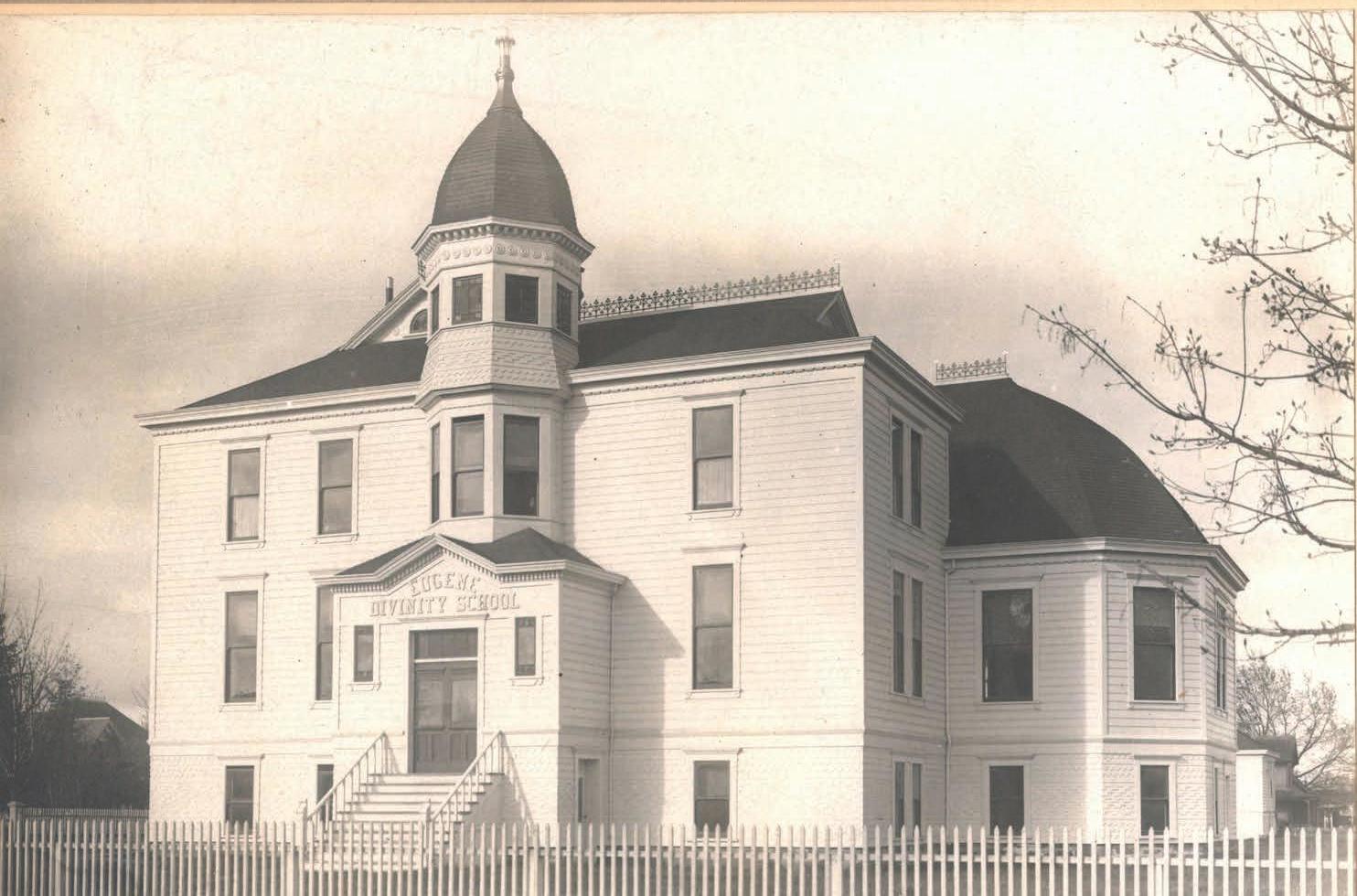
Movement. This movement resulted in the development of non-denominational Christian churches focused on the unity of faith with few essentials and a reliance on scripture. He argued that the association of members of the Christian faith should be influenced by nothing more prominent than the teachings of Christ – no political, ethnic, philosophical, creedal, geographic exclusions – but unity under the Lordship of Jesus. These commitments birthed the church tradition that buoyed the founding of NCU and continues to support the University today.
Campbell wrote extensively of his thoughts and hopes for higher education, having founded his own college, Bethany University that is still in existence today. His thoughts on the subject may be categorized by a commitment to the wholeness of persons, the notion of lifelong learning, the centrality of Biblical instruction, the formation of moral character and the responsibility of civic engagement and sacrificial service. Long before the objective of education addressing the whole student would become familiar to the academy of the late 20th Century, Campbell wrote, “The analysis and synthesis of man and his relations to the past, the present and the future of his being and wellbeing, is the grand essential theme of all physical, intellectual, moral and religious education.” ( Millennium Harbinger, Vol. 5, no. 3 (March 1862), p. 112.) “Excellence in education …”, he wrote, “will consist of three things … in teaching and training a [student] to think, to feel, and to act.” (Millennium Harbinger, Vol. 7, no. 9 (December 1836), p. 583.)

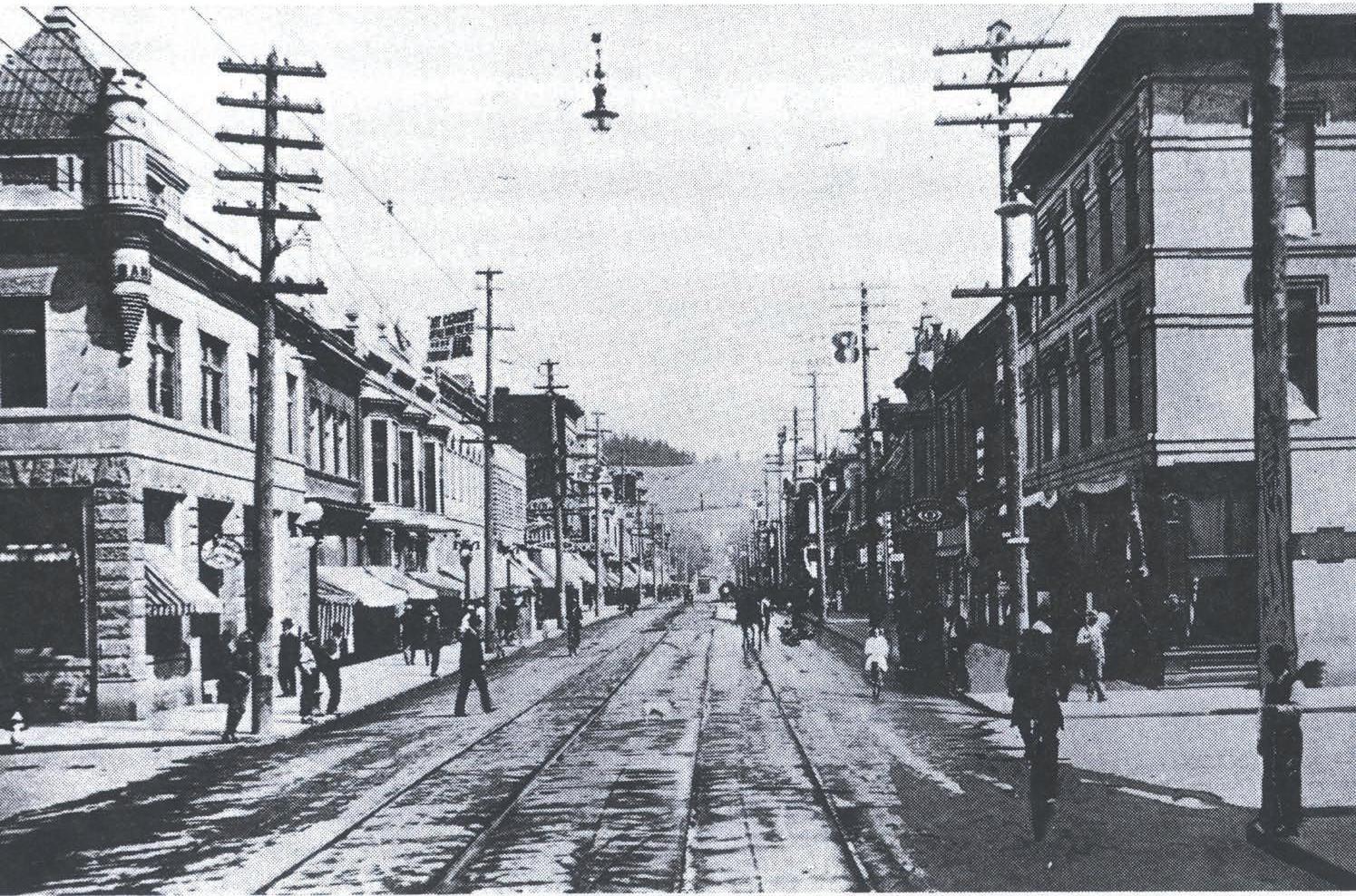
Campbell believed that the formation of moral character is the supreme end of education and considered the Bible to be noblest of all classics and the study of which was “the great moral engine of
Willamette Street in the city of Eugene, circa 1900 civilization.” (A. Campbell, 1863, Lectures and Addresses, Philadelphia: Challen &
Sons.) The academic study of scripture, according to Campbell, was not meant to replace classical studies as curriculum, but to enhance the whole educational enterprise as the deepest source of wisdom available. “A school without the
Bible is like a Universe without a center and without a sun,” he wrote. ( Millennium
Harbinger, Vol. 6, no. 9 (November 1856), p. 649.)
He was committed to the transcendent importance of education to the individual and the formation of character. For Campbell, the development of the individual and the cultivation of the mind of citizens led to the development of society and the promotion of civic influence and service. Higher education for him was tantamount to the development of our culture and should
Our Legacy of Wisdom, Faith & Service
promote lifelong learning. “To be learned, and wise, and good, and useful members of society, we must always be learning.” (Millennium Harbinger, Vol. 6, no. 1 (October 1932), p. 259.)
Alexander Campbell’s influence on our own founding was evident in our early objectives for the institution, set forth in an advertisement that ran on October 15, 1895 in the local newspaper that described Sanderson’s and Bushnell’s intention for the NCU experience. “It is desired,” the ad read, “that our students shall acquire proficiency, at once scholarly and practical, for immediate service in all departments of Christian work.”
Evident at our very beginning was a powerful core objective that has long endured – the integration of the intellect with faithful Christian service. This integration, the simultaneous existence of the two goals of academic rigor and practical service, has served the institution well for over twelve decades, finding semantic variation through time. It is here at the point of integration where we realize the value of intellectual inquiry through the lens of the Christian world view. This is where we discover that true learning is realized best through practice; that it must both enlighten the mind and improve the human condition.
When James Bushnell (serving as the first President of the Board of Regents) encouraged and supported the founding of NCU with Eugene Sanderson (serving as the first Dean), they built a foundation on a mission profoundly influenced by our church heritage and its leaders, particularly the thoughtful insight of Alexander Campbell. Northwest Christian University thrives today because of its unique mission of wisdom, faith and service that drives our vision to help students discover and answer God’s call for their lives. After 125 years, a number of name changes and thousands of graduates, our founders’ frontier spirit lives and grows because we are a university built on an enduring foundation.
Newspaper announcement for the opening of Eugene Divinity School (The Daily Eugene Guard, August 1895)
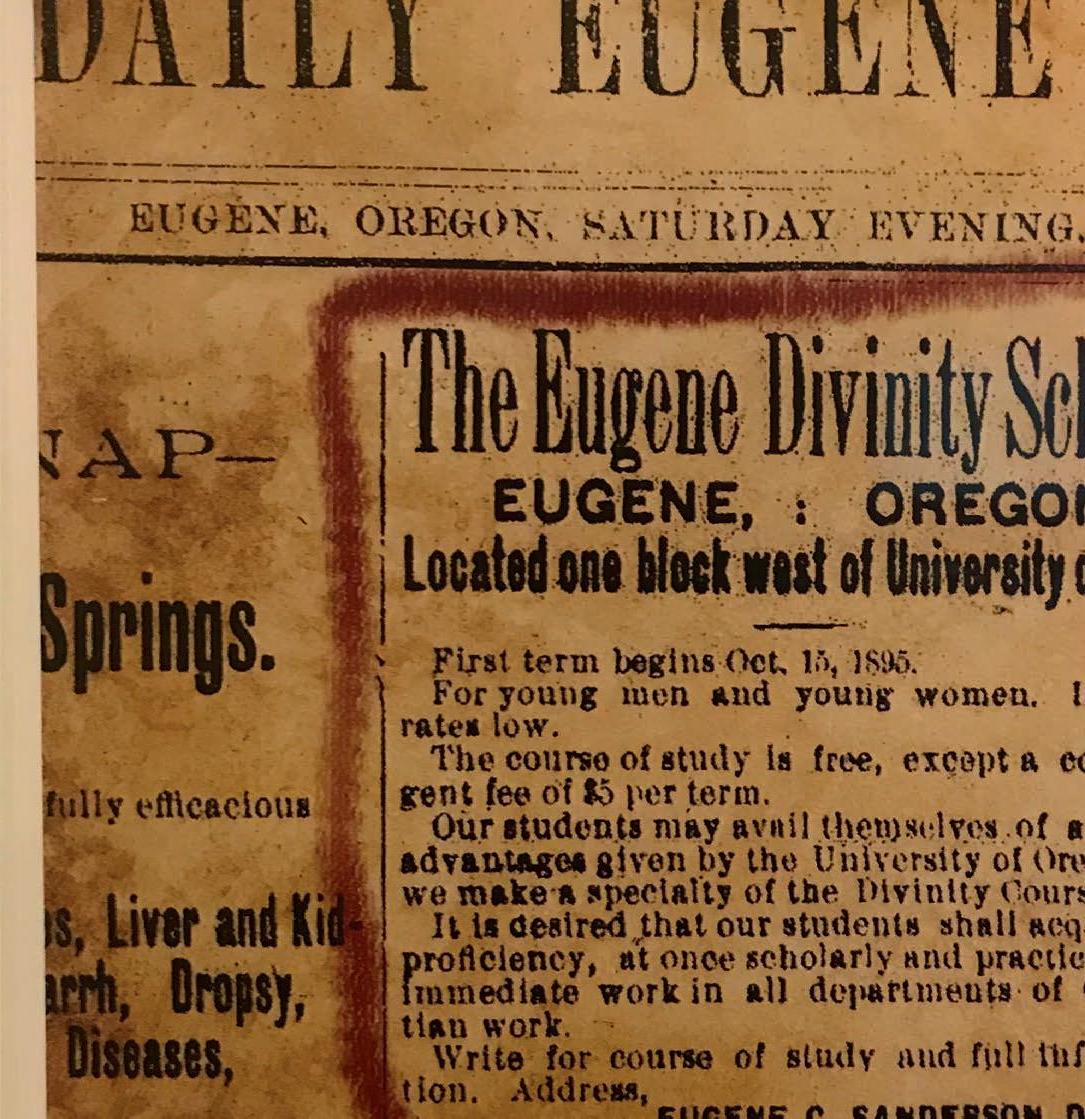
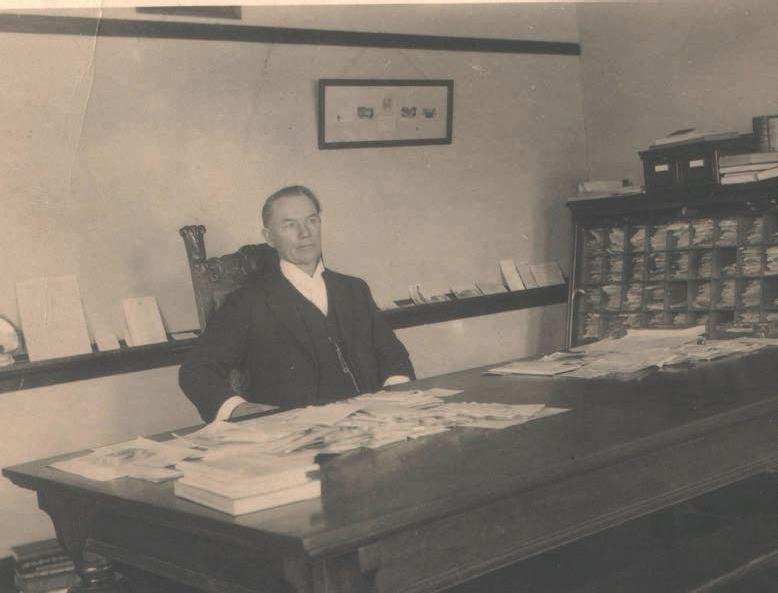

Note: The table in both photos is still in daily use in the President's Office at NCU to this day



